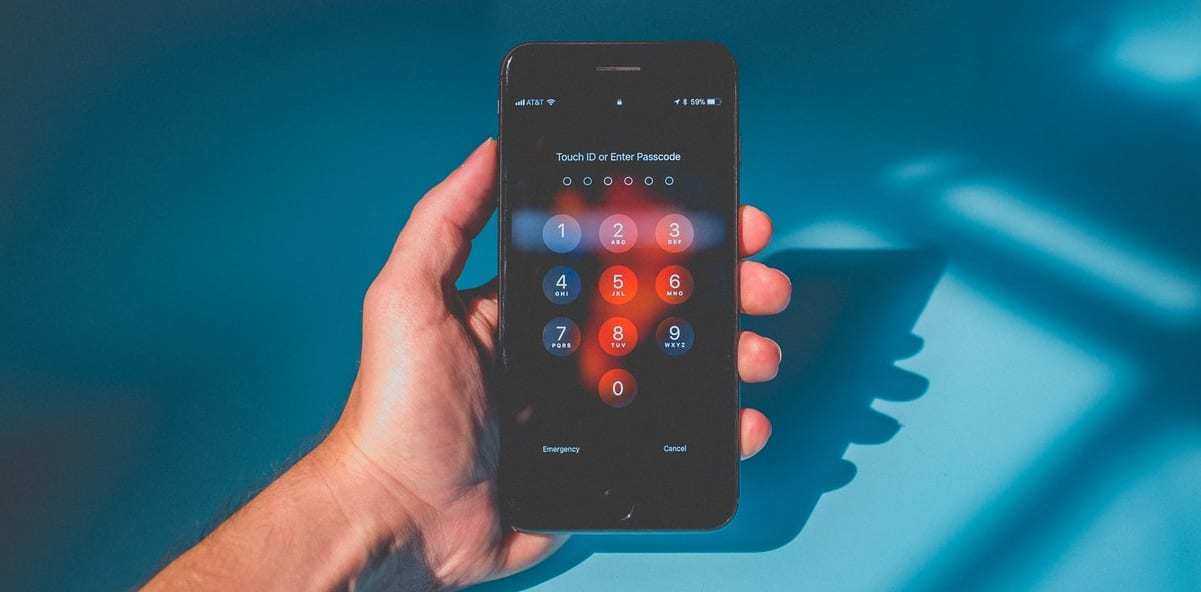Today, taking your tech gadgets on the road is essential – allowing you to capture and share photos, research your next adventure, access translation apps and stay in touch with work and friends, all while on the go. Unfortunately, unwitting travellers are often targeted by cybercriminals looking to steal private data, personal information and financial details. But this doesn’t mean you should leave your favourite mobile devices at home when travelling.
Here are some easy tips to help you stay cyber-safe while enjoying your holiday:
1. Backup before you go
Remember to run a data backup before you leave home. Consider moving especially sensitive data from your device to an encrypted external storage such as the cloud. That way, if you misplace your tech gadgets on the road, you won’t lose important files or put your data in the wrong hands.
2. Update your software
Ensure your mobile devices are running the latest operating system, have the latest software installed, and are protected with a trusted security solution before beginning your travels.

3. Protect your passwords
Make sure that you have password protection installed on your devices, as well as inactivity timeout options turned on for any device you take on your holiday.
4. Keep an eye on your belongings
In the same way, you’d look after your luggage or passport, and never leave your digital devices unattended in public spaces. If you want to add an extra layer of safety, an anti-theft software solution can help to track any mobile device that goes missing – and, if needed, wipe its contents remotely.
5. Watch out for scams
Be on the lookout for cybercriminals attempting to steal data via false networks or web pages. If the airport or hotel internet requests too many personal details or requests a software update in order to work, immediately disconnect. If you can, also inform the owner or front desk of your concern.
6. Stick to reliable networks
Ensure you’re using secure, trusted internet connections – especially when accessing private data like bank accounts or personal emails. Ask your accommodation or restaurant for the name of their Wi-Fi, and beware of bogus networks that attempt to copy legitimate connections with a similar name.
You can also use a VPN, which allows you to set up your own private network over public and hotel Wi-Fi, helping to protect your online activity from cybersecurity breaches.
7. Ensure encryption
Do not use Wi-Fi connections that aren’t encrypted with WPA2. As a rule of thumb, anything with a lower encryption standard is not safe enough and can be easily breached by cybercriminals. Also, be sure to only visit encrypted websites with HTTPS at the beginning of the URL instead of HTTP.
8. Work securely
Working remotely? Cybercriminals can access your wider company server and data if given the opportunity. If you must use public Wi-Fi to connect to your company network, always use a virtual private network, or check with your organisation on the correct protocol for working securely while travelling.
9. Avoid sensitive accounts
Unless it’s completely necessary, avoid using sensitive accounts such as online banking or shopping when you’re connected to public Wi-Fi. If it’s an emergency, it’s advisable to use your data plan for a short amount of time, rather than using public Wi-Fi.
10. Enjoy travelling worry-free
Having the right security across all your devices will ensure you travel with confidence. ESET Multi-Device Security offers comprehensive internet protection for your PC, Mac and Android devices, and can be easily transferred to a new device anytime, anywhere.

The author is Nick FitzGerald, the Senior Research Fellow at ESET: an IT security business with over 110 million users in 202 countries and territories, that specialises in helping users protect their digital assets.






